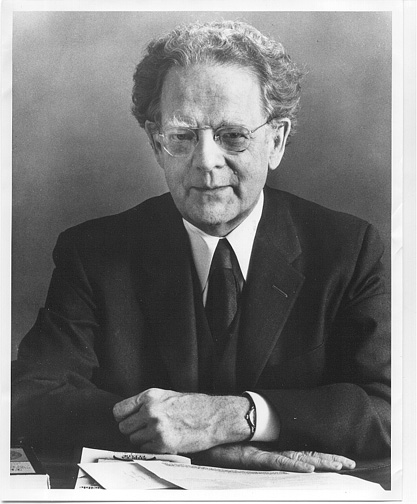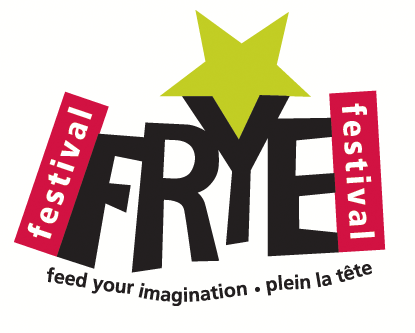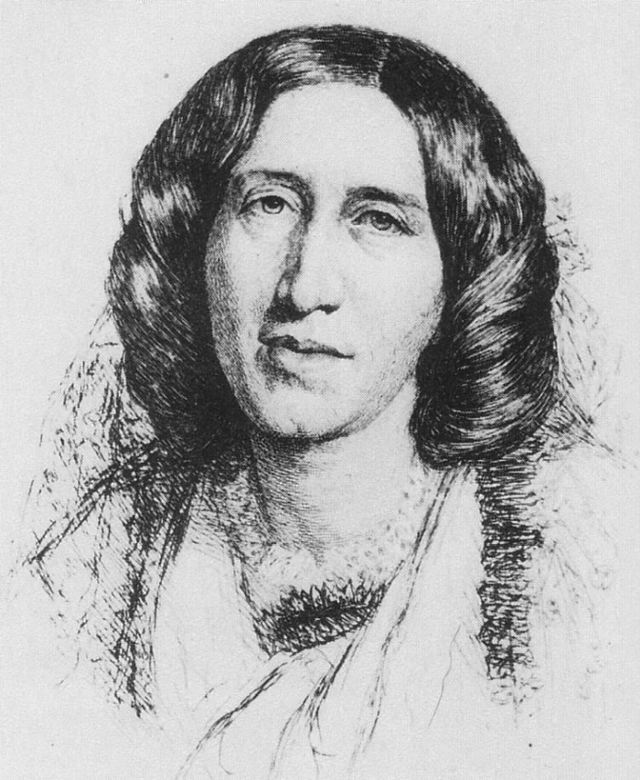Bob Rodgers’s link featuring an excerpt from Frye’s lectures on the Bible is now working. Please have a look.
Daily Archives: January 21, 2010
“Reasons Literature Alone Can Satisfy”
Readers of The Educated Imagination may be interested in this post on Rohan Maitzen’s blog Novel Readings. Responding to a review of Louis Menand’s The Marketplace of Ideas, Professor Maitzen provides a cogent reflection on the dangers of emphasizing the practical benefits of literary study, at the expense of the actual subject matter of the discipline. She argues that “We need to justify the study of literature for reasons literature alone can satisfy.”
Update from the Frye Festival
One of the delights we have every April is introducing Frye to authors who have never heard of him and are curious to know more, as happened, for example, when Bernhard Schlink was here in 2004. Sometimes we are surprised when an author reveals a personal connection to Frye that we didn’t know about. Last year Don McKay, one of Canada’s great poets, took delight in telling the story of his mother’s encounter with Frye in the 1930s, when she took a class from him that influenced her at the time and later, toward the end of her own life, came back to inspire her when she wrote her memoirs. Andy Wainwright, Ross Leckie, and others studied with Frye and have fond memories. Peter Sanger has a longstanding interest in Frye; and, unless I’m mistaken, also studied with him. Richard Ford was familiar with Frye from his student days in the 60s. (Ford’s complete conversation with Globe and Mail’s Books Editor Martin Levin can be seen via the festival website’s U-Tube link.)
Robert Bly, who was here in 2001, said, in accepting our invitation, “Frye is one of my favorite people.” There’s a lot of common ground between the two that would be worth exploring, even if the direct influence each way is perhaps minimal. Blake’s “the tigers of wrath are wiser than the horses of instruction” is where they both begin, in their thinking about education. The idea of freedom is at the centre of everything they do. Neither shies from talking about and mapping the spiritual world, even when such activity is out of fashion. But what especially interests me is Bly’s idea of ‘deep image’ in comparison with Frye’s analysis of existential or ecstatic metaphor. Though ‘deep image’ suggests a location in the psyche, Bly prefers to think of the image as a place “where psychic energy is free to move around” (as quoted in Kevin Bushell’s essay “Leaping Into the Unknown: the Poetics of Robert Bly’s Deep Image”). Frye says, “Metaphor is the attempt to open up a channel or current of energy between subject and object” (as quoted in Bob Denham’s Northrop Frye: Religious Visionary and Architect of the Spiritual World, p. 70). Ecstatic metaphor, at the top of the ladder of metaphorical experience, creates “a sense of presence, a sense of uniting ourselves with something else” (Frye words, as quoted by Bob Denham, p. 72). The free flow of psychic energy is what counts for both. For Bly (at least the early Bly) a true or authentic poem has to involve the “leap” from the conscious, everyday world to the unconscious, universal world. For Frye it’s the gap between subject and object that’s obliterated in ecstatic metaphor. Frye’s is, if anything, a more expansive concept.
Over the years Bly moved deeper and deeper into the study of Jung and Jung’s concept of the unconscious. Throughout the nineties he worked with the Jungian analyst Marion Woodman and in 1998 they published their book The Maiden King. Frye’s interest in Jung was also deep and important. As Bob Denham says, “Frye sometimes expressed anxieties about being considered a Jungian, but he was much more deeply immersed in Jungian thought than is commonly imagined” (Religious Visionary, p. 196). Jung’s Psychology and Alchemy is a rich source for Frye, as Bob Denham wonderfully recounts. “In Anatomy of Criticism, alchemy is seen as a repository of archetypes (rose, stone, elixir, flower, jewel, fire).” (Religious Visionary, p. 194).
Daniel Deronda’s “Double Heroine”
Joe Adamson notes that the “double-heroine” structure is worthy of further study whether it be (and I hope I am not over-reading here) in canonical literature or in popular literature. In his response to my post, he mentions one of my favourite novels, Daniel Deronda by George Eliot. The novel itself was added to my field exam bibliography late in the process, and I remember groaning when it happened (and also questioning why a realist novelist was to be included). However, as I started to read the novel, I quickly became entranced by it and ended up getting through it in a single day. But, after thinking about Joe’s response, I’d have to say our readings are different.
It seems to me that Daniel Deronda’s selection of Mirah isn’t that he selects the “dark Jewish heroine” as a rebellious move, but rather that the choice is, in many ways, a reinscription of Frye’s structure of romance. The great “surprise” of Daniel Deronda is the protangonist’s realization that he is Jewish and not Christian. His marrying Mirah is really, I think, quite similar to Ivanhoe – although in Eliot’s novel, what has been reversed or inverted is not structural, but religious. That is, the structure of the marriage hasn’t been disrupted nor has the definition of community – if anything, Deronda is the sort of pharmakos character (rather than hero) who must be accepted by the Jewish community.
Robert B. Parker, 1932 – 2010

Another sad death to report is that of Robert B. Parker, creator of the Boston private detective Spenser (whose first name was never given, but who said that his last name was spelled with an ’s’, “like the poet.”) It’s appropriate to pay tribute to Parker on this blog, both because Frye liked reading detective stories, and because Parker had a PhD in English from Northeastern. Several of his novels feature academic satire. He died at his desk, a writer to the last moment.
Steven Axelrod’s tribute at Salon.com (”How the crime novelist taught me to stand up for myself and taught my son about the carnal pleasures of reading”) can be found here. Axelrod’s piece is noteworthy for the way it suggests the liberating possibilities inherent in popular fiction.



